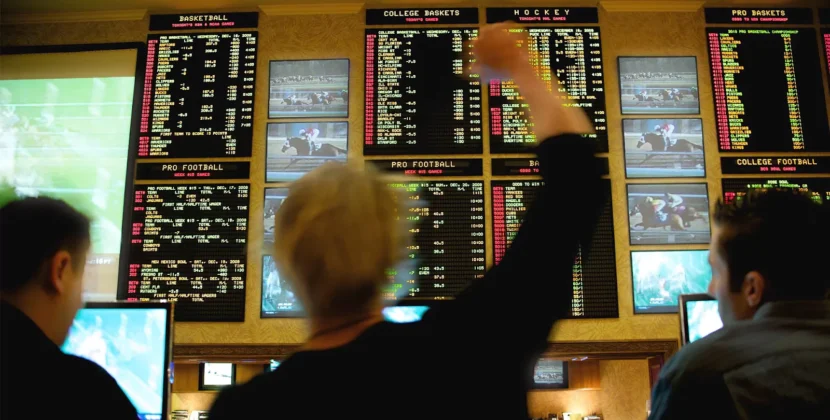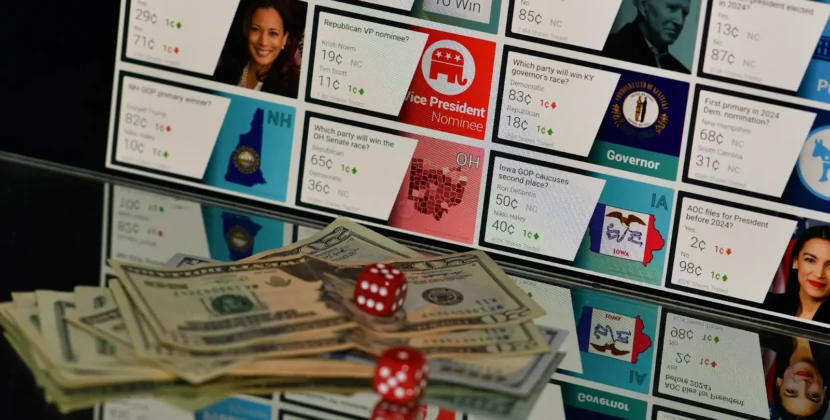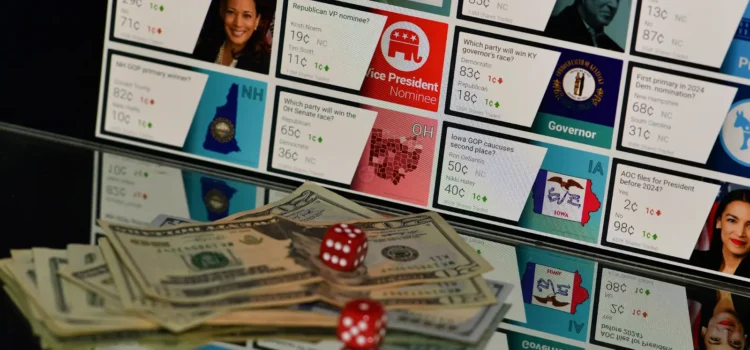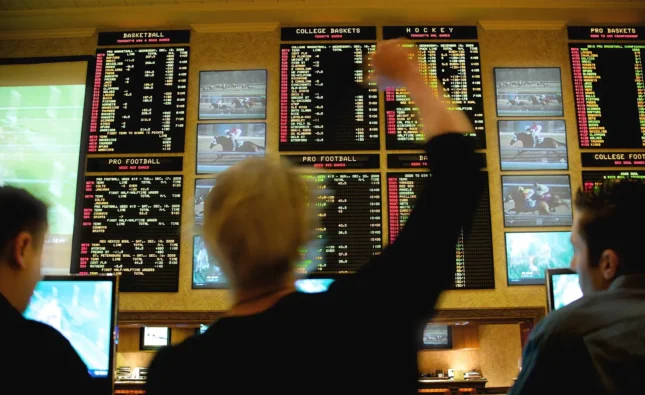
Betting markets have garnered substantial attention as a way to predict the outcomes of major events, especially high-stakes elections like the 2024 U.S. presidential race. For years, economists, analysts, and casual bettors alike have been fascinated by these platforms, which offer unique insights into public sentiment by allowing users to put real money behind their predictions. From specialized sites like the Iowa Electronic Markets to large online sportsbooks, these platforms have risen in popularity. However, as election day approaches, experts are raising concerns that betting markets may not always provide an accurate snapshot of likely results. While they reflect an informed consensus to an extent, the odds in these markets are sometimes driven by biases and limitations that can obscure the true state of the race.
The basic appeal of betting markets is simple: people wager on an outcome, and in doing so, their predictions contribute to the market’s odds. This approach combines public sentiment with financial stakes, theoretically leading to odds that are informed by the wisdom of crowds. In recent years, prediction markets have gained a reputation as potentially valuable indicators, particularly when traditional polling data is seen as flawed or insufficient. Some supporters argue that because bettors are risking their own money, they are likely to make well-considered bets, which could make the odds more reliable. However, despite the appeal of this approach, betting markets are far from infallible.
One major concern with relying on betting markets for election predictions is that these platforms may be influenced by partisan preferences. For instance, bettors who strongly support a particular candidate may place high-value bets on that candidate, which in turn skews the odds. In the 2024 election, some betting platforms show former President Donald Trump leading in odds, while others indicate growing support for Kamala Harris. This split has raised questions about the accuracy of these odds. It’s unclear whether they reflect actual voter intent or if they’re simply capturing the sentiments of those bettors willing to put their money on the line. In the case of a highly polarized election, betting markets can end up reflecting a vocal subset of supporters rather than a balanced view of the electorate as a whole.
The demographic profile of users on various betting platforms also plays a role in skewing results. Unlike traditional polls, which are conducted with carefully balanced samples, betting markets are open to anyone willing to participate, regardless of political affiliation, geographic location, or demographics. This can create biases based on who is using a particular platform. For instance, some markets may see higher activity from individuals with conservative leanings, while others attract a more liberal crowd. These demographic imbalances can make the odds appear more definitive than they actually are.
Another challenge is the varying levels of liquidity and activity on different betting sites. Platforms with high activity levels and substantial amounts of money wagered are likely to produce more accurate odds, as there’s a wider cross-section of participants contributing to the odds. Conversely, smaller or niche platforms may experience lower activity, which can make their odds less reliable. When there’s minimal money being wagered, a small group of highly motivated bettors can disproportionately influence the odds, leading to results that may not align with broader public sentiment.
Furthermore, external events can dramatically influence betting odds, often in ways that have little to do with actual shifts in voter preference. Major campaign developments, surprise announcements, or sudden controversies can cause rapid shifts in odds as bettors react to news rather than long-term trends. This volatility can make betting odds an unreliable measure of a candidate’s sustained support, as they tend to reflect momentary reactions rather than stable patterns.
As election night nears, experts advise that betting odds be interpreted cautiously. While they do offer interesting insights and can sometimes capture the enthusiasm or confidence of a candidate’s supporters, they should not be viewed as definitive forecasts. Betting markets are ultimately influenced by a complex set of factors, from platform demographics to rapid shifts in sentiment due to unforeseen events.
In the end, betting odds are best seen as part of a larger pool of data, adding another dimension to the landscape of predictions but not standing alone as a crystal ball for election results. Relying solely on betting odds can lead to misplaced confidence, especially in tightly contested or highly polarized races where odds may mirror the most vocal opinions rather than a balanced forecast. As compelling as they may be, betting markets should be considered alongside polling, demographic data, and other election metrics to form a more complete picture of what to expect. While they may capture the pulse of certain groups, their predictive power remains imperfect, underscoring the importance of a multifaceted approach to election forecasting.













